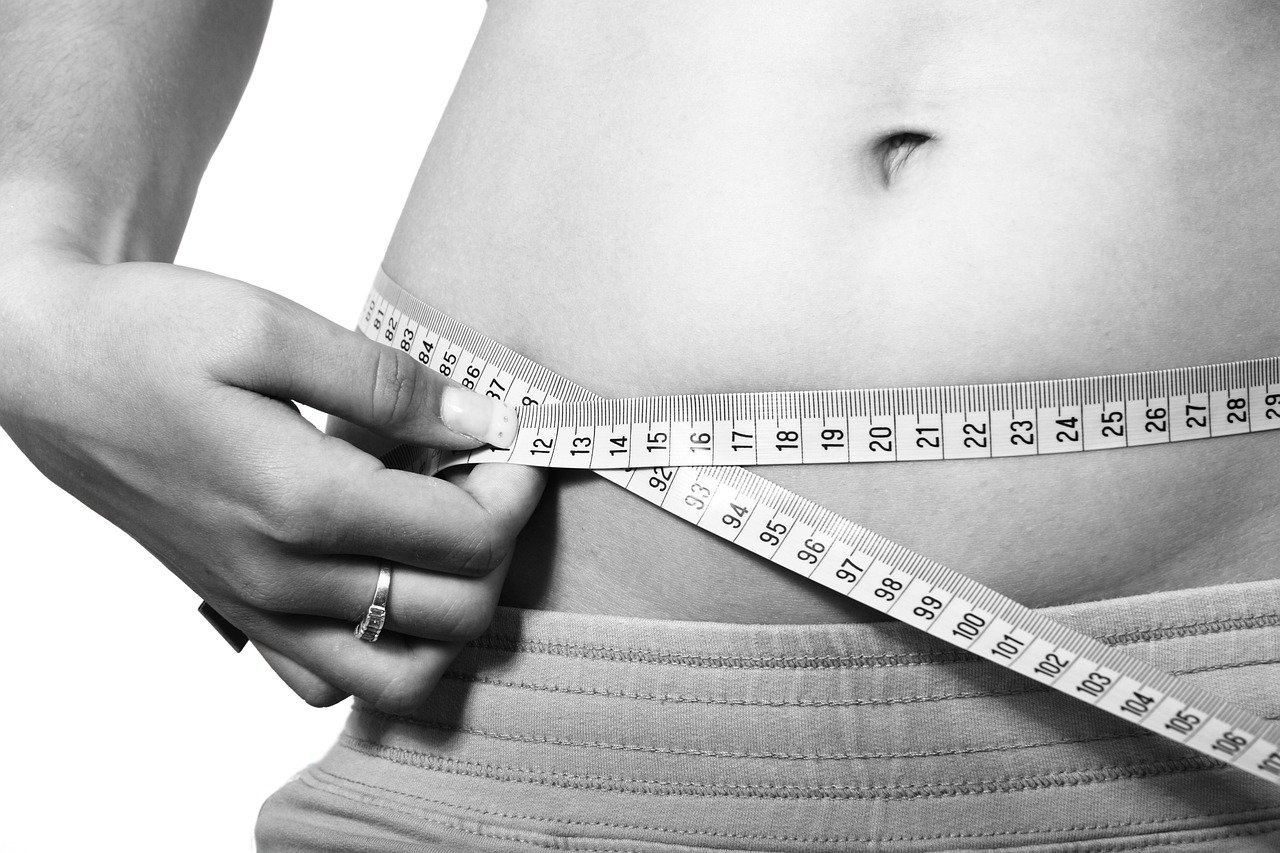Eating Less To Lose Weight: Is It A Sustainable Path?
Some say “Limit your calorie intake to lose weight, as eating fewer calories is part of a healthy diet.” However, is it true that you should eat less to lose weight? What if you start feeling hungry? Is drinking water in replacement for foods a good solution?
Studies suggest that high-calorie intake may trigger weight gain instead of weight loss. However, this may not mean that you shall stop eating all foods you like. There are healthier options to achieve your weight loss goals, which can even protect your overall health.
Eating Less To Lose Weight – Basic Concept Of Dieting
The “You must eat less if you want to lose weight” principle may or may not be true, depending on how you apply it. This myth is continuously being spread and believed because of the logic it poses on the surface. It is easy to believe that the lesser you eat, the thinner you could become.
Ironically, eating less will only make you gain weight again, to the point that your mental health will be affected negatively. It is suggested that after a few sessions of skipping meals, you may feel highly deprived, and you may end up eating more high-calorie foods. Calorie counting might work instead. Of course, it is hard to count calories that have already got inside your body. So, you only compute the calories that you are about to consume and limit or temporarily eliminate those foods and drinks having more calories.
Calories & Its Roles
You cannot simply cut calories at all, especially since it also comes with importance to your bodily functions. While too many extra calories are linked to weight gain, having too many may also make you feel weak. This is because calories are one of the sources of energy within the body. Therefore, we can say that the more energy your body needs, the more your body will seek for it. If you have too few calories, you have less energy as well.
However, in terms of losing weight, it’s important to watch your daily intake of calories from all the foods and drinks you consume. Taking more calories than what your body burns will tell your body to store it as body fat. Then, your body weight will increase. To make fat loss possible, create a calorie deficit.
Calories Deficit Definition
A calorie deficit happens when you deposit fewer calories in your body than how much it can burn. When a calorie deficit occurs, an energy deficit follows. When this happens, your body will get its energy from stored fat. As you lose fat, weight also decreases.
Is It An Achievable & Sustainable Journey?
The answer to this question may differ from person to person. If you have the discipline to control your calorie intake, then it is achievable. However, it is not sustainable in the long term as your body will eventually go into “starvation mode”. In other words, your metabolism will start to slow down, and you will no longer lose weight.
It is essential to understand that when you try to lose weight by eating less, you are most likely to end up gaining all the weight back. In the end, you will only feel frustrated, and your self-confidence will be affected. So, you must find a way to lose weight without depriving your body of the nutrients it needs.
Tips To Avoid Health Issues & Maintain Energy
There are healthy ways to get the same amount of energy that your body needs while adjusting your food intake. As you reduce your consumption of high-calorie food, you shall not sacrifice other aspects of your health.
A Balanced Diet
One of the best things that can aid weight loss is having a balanced diet and a sustainable lifestyle. You can start with mindful eating – a process where you are aware of the foods and drinks you consume, as well as how it makes you feel.
Losing weight with a low-carb diet or eating low-fat food is said to be effective for many, but you must replace them with other energy-rich meals such as the ones found in a high-protein diet. Food with high protein does not only provide energy but also builds up muscle mass. Certain foods that you can consume may include but are not limited to pure and whole milk, beans, eggs, and fish.
However, be cautious with oily fish because it may increase cholesterol levels. For low-fat meals, you can consume fat-free milk, olive oil, fruits, and vegetables. Also, limit the intake of foods containing complex carbs as it may increase your blood sugar levels. Lastly, experts advise that you eat slowly. It helps your body’s digestive performance, leading to more effective weight loss.
Regular Exercises
Aside from healthy eating, participating in physical activity is also part of a healthy lifestyle. The most popular exercise among people who undergo resistance training is lifting weights. You can try going to the gym, doing aerobic exercise, bike riding, and even walking are also helpful. Furthermore, being physically active is a great tool for effective disease control.
Take Additional Supplements
Aside from a personal diet plan and exercise, fat-burning supplements may also help. They contain natural substances and compounds including vitamins and minerals that you may need to boost to assist your weight loss journey. According to HealthCanal, while natural fat-burning food supplements shall not replace a healthy diet, they can reduce vitamin deficits and support your weight loss journey.
Conclusion
Losing weight can be challenging, but healthy living is the key. While you cannot just reduce your food intake, you can at least limit your calorie consumption and increase proteins instead. If you can end your unhealthy relationship with your old lifestyle, weight loss will always be possible.

